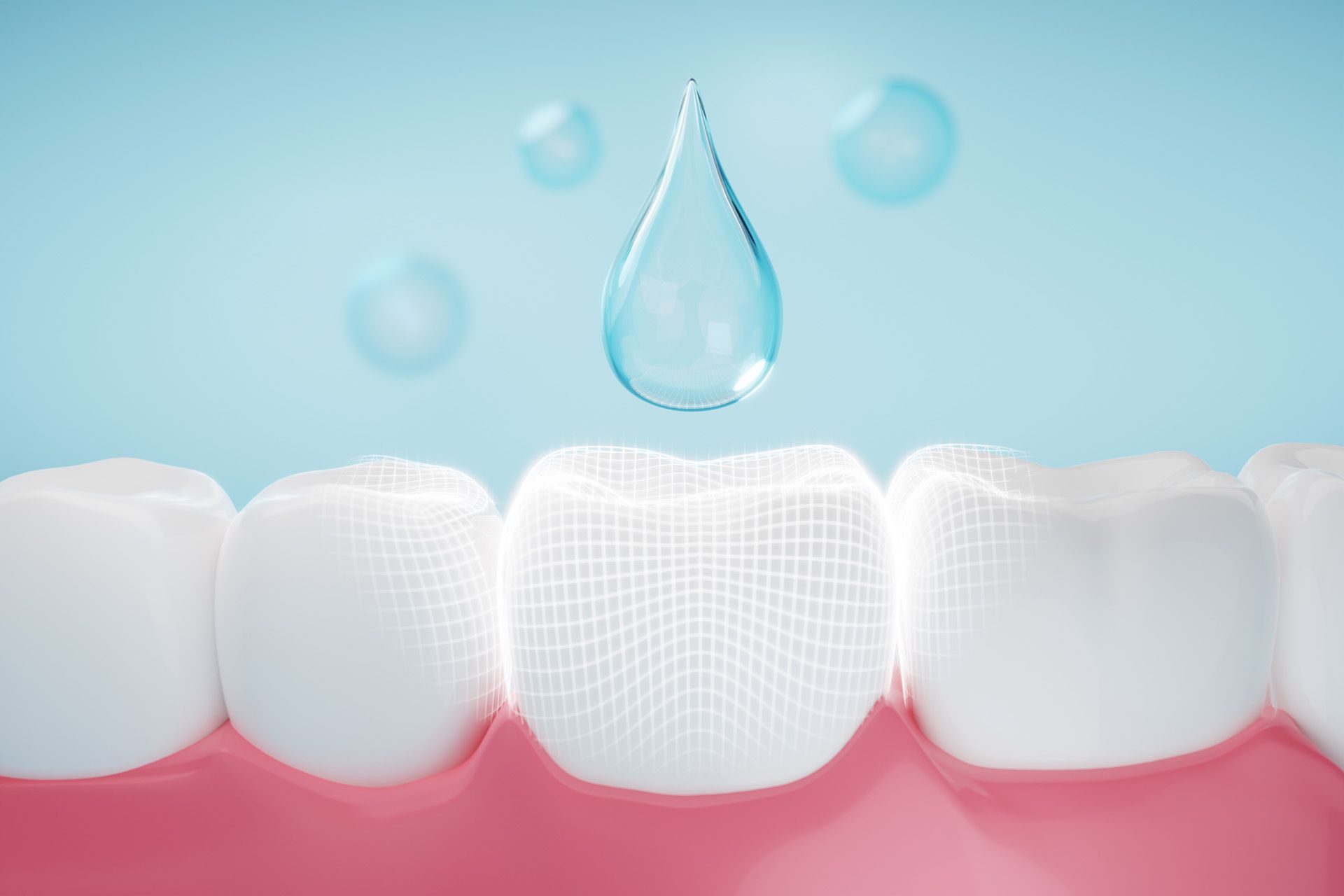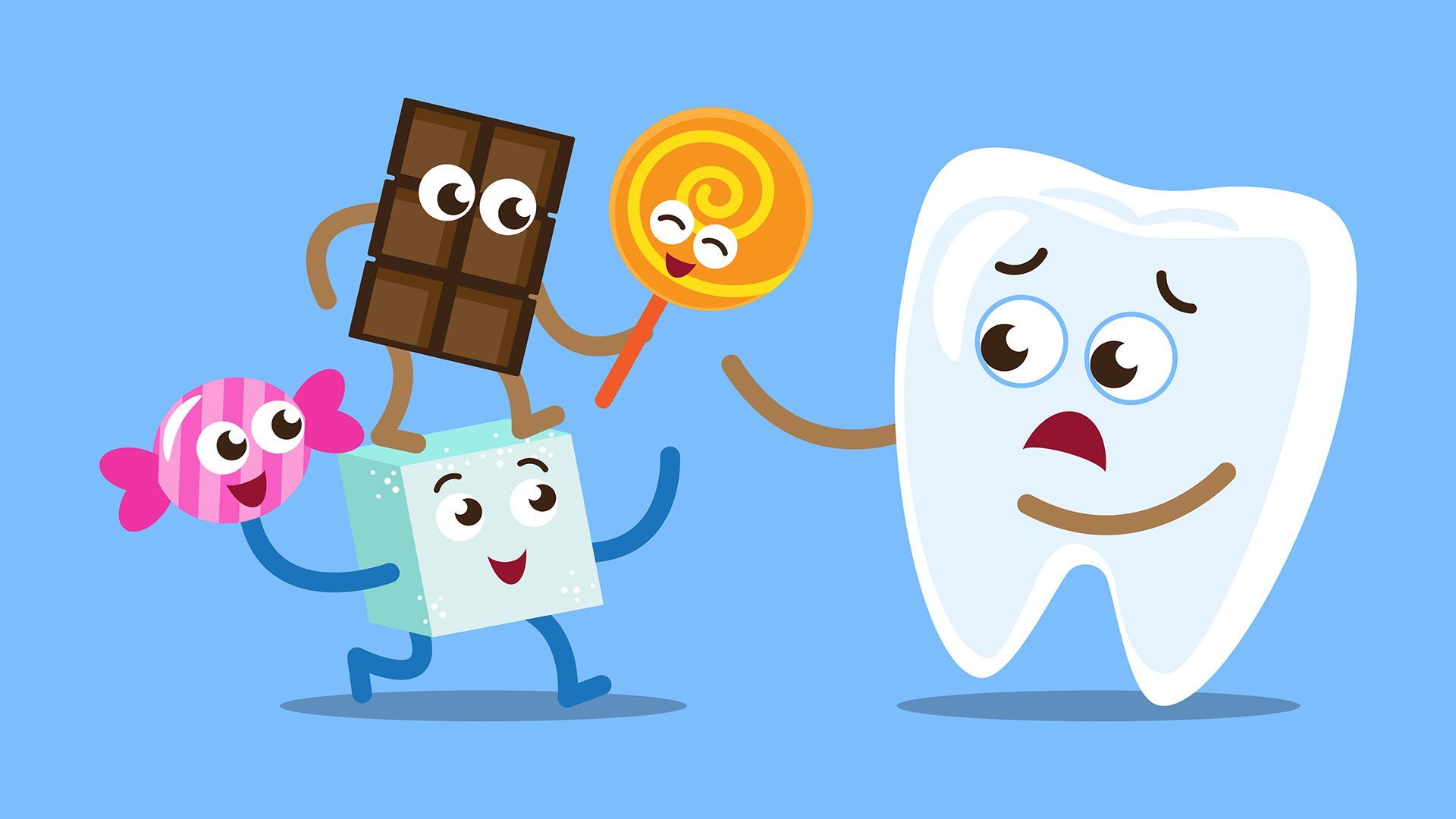What Does Fluoride Do to Your Teeth?
Fluoride is a naturally occurring mineral that plays a vital role in maintaining oral health, particularly for children. By understanding the benefits of fluoride for teeth, parents can make informed decisions regarding their children's dental care. So, what does fluoride do to your teeth, what are its advantages for dental health, and what various fluoride products are available? We will discuss this and also discuss safety concerns related to fluoride to provide a well-rounded understanding of this important dental topic. With the right knowledge, you can protect your child's smile and foster healthy dental habits that last a lifetime.
Understanding Fluoride
Fluoride is a natural mineral found in water, soil, and certain foods like fish and tea. Many communities also add fluoride to their drinking water to enhance dental health, making it widely accessible. It's important to differentiate between natural and artificial fluoride. While natural fluoride exists in the environment, artificial fluoride is added to products like toothpaste and mouth rinses to boost their effectiveness. Both forms are beneficial, but the key is to consume fluoride in appropriate amounts to maximize its protective effects on teeth.
Fluoride's primary role in oral health is to strengthen tooth enamel, the hard outer layer that protects against decay. It helps remineralize areas of enamel that have started to decay and reduces the ability of harmful bacteria to produce acids that erode teeth. This mineral is especially crucial for children, as their developing teeth are more susceptible to cavities. Regular use of fluoride toothpaste and treatments can significantly lower the risk of dental issues, ensuring a healthier smile for kids.
How Fluoride Works
Fluoride plays a crucial role in maintaining the health of your teeth, particularly through its interaction with tooth enamel. When fluoride is present, it becomes incorporated into the enamel's structure, making it more resistant to acids produced by bacteria in the mouth. This process reinforces the enamel, helping to prevent cavities and decay. Understanding what does fluoride do to your teeth helps in appreciating its importance.
One of fluoride's most significant benefits is its ability to aid in remineralization. When teeth are exposed to acidic environments from sugary foods and drinks, minerals like calcium and phosphate can be lost from the enamel. Fluoride helps restore these essential minerals, repairing early signs of decay and strengthening the enamel against future attacks. This remineralization process is vital, especially for children, as their developing teeth are more prone to decay.
Additionally, fluoride impacts the bacteria in the mouth by inhibiting their ability to produce acid, a primary cause of tooth decay. By reducing bacterial load and acid production, fluoride promotes a healthier oral environment. Regular use of fluoride, whether through toothpaste, mouth rinses, or professional treatments, supports strong teeth and a balanced mouth microbiome, fostering long-term dental health for kids.
Benefits of Fluoride for Teeth
Fluoride plays a crucial role in maintaining healthy teeth and preventing dental issues. One of the primary benefits of fluoride is its ability to prevent tooth decay and cavities. When fluoride is applied to the teeth, it helps remineralize the enamel, making it more resistant to acid attacks from plaque bacteria and sugary foods. This protective layer significantly reduces the chances of developing cavities, ensuring your child's teeth remain strong and healthy.
In addition to cavity prevention, fluoride strengthens enamel and reduces sensitivity. Enamel, the hard outer layer of the tooth, can weaken over time due to various factors, including diet and oral hygiene habits. Fluoride enhances the overall structure of the enamel, making it less prone to erosion. This is particularly beneficial for children, who may experience tooth sensitivity as their teeth develop.
Fluoride is vital for children's dental health, as their teeth are still forming and more susceptible to decay. Incorporating fluoride into their oral care routine can lead to healthier teeth and a reduced risk of cavities. What does a fluoride treatment do? It can help parents make informed decisions about dental care options for their children.
Fluoride Products and Usage
Fluoride is essential for maintaining dental health, especially for children whose teeth are still developing. Common sources of fluoride include toothpaste, mouthwash, and professional dental treatments. Most toothpaste on the market contains fluoride, making it an easy and effective way to protect your child's teeth from decay. Additionally, fluoride mouth rinses can offer an extra layer of protection, especially for children prone to cavities. Professional fluoride treatments, usually applied at a dental office, provide a higher concentration of fluoride and are typically recommended for children during routine check-ups.
Fluoride level recommendations vary by age group. For children aged 0-3, a smear of fluoride toothpaste (about the size of a grain of rice) is sufficient. For those aged 4-6, a pea-sized amount is recommended. Children over 6 can use fluoride toothpaste as adults do. Monitoring your child’s fluoride intake is essential to avoid excessive consumption, which can lead to dental fluorosis.
Incorporating fluoride into your child's daily routine is straightforward. Establish a consistent brushing schedule, encouraging your child to brush twice a day with fluoride toothpaste. Introduce a fluoride mouthwash for older children who can use it safely without swallowing. Regular dental visits will ensure your child's fluoride levels are monitored and necessary treatments are provided. By following these guidelines, you can help ensure your child's teeth remain strong and healthy.
Safety and Concerns Related to Fluoride
While fluoride is widely recognized for its dental health benefits, it's important to be aware of potential side effects associated with excessive fluoride exposure. Although fluoride helps remineralize tooth enamel and prevent cavities, too much fluoride can lead to health issues. Possible side effects of excessive fluoride include stomach upset, headaches, and, in rare cases, more serious conditions affecting bones and teeth.
One common concern regarding fluoride is dental fluorosis, a cosmetic condition affecting the appearance of teeth. Dental fluorosis occurs when children consume too much fluoride during the years their teeth are developing, leading to discolored patches or streaks on the enamel. Although dental fluorosis does not harm physical health, it can affect the aesthetic quality of a child's smile.
To ensure safe fluoride use, it is crucial to follow established guidelines. Parents should supervise their children while brushing, using only a pea-sized amount of fluoride toothpaste. Avoid combining fluoride treatments from different sources, such as toothpaste, mouth rinses, and professional treatments, without consulting a dentist. Adhering to these guidelines allows families to enjoy the protective benefits of fluoride while minimizing risks. Understanding exactly what does a fluoride treatment do, and adhering to the correct usage can help
maintain dental health without adverse effects.










